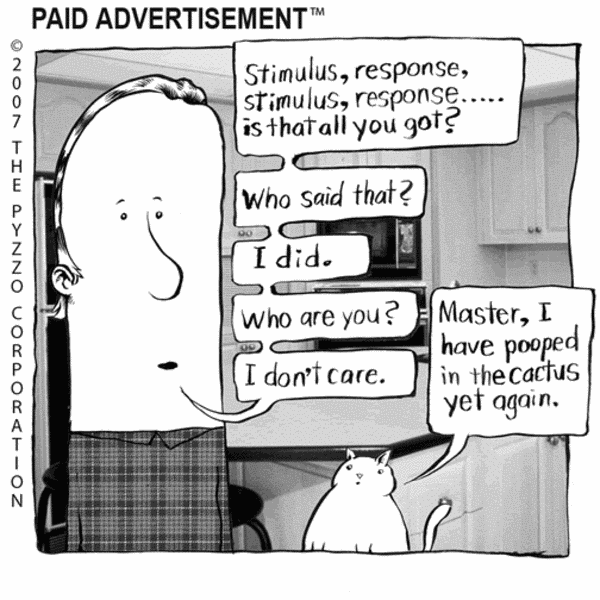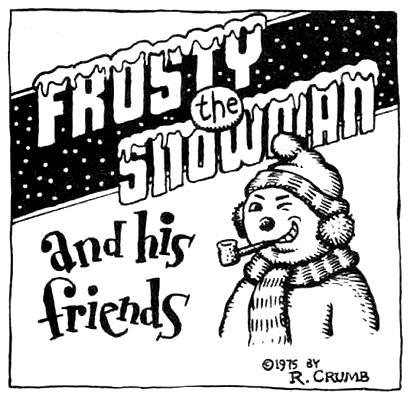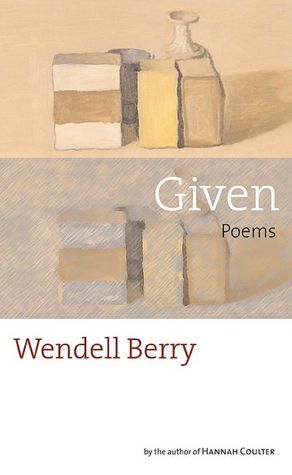I sent my Gateway netbook to Texas yesterday. The person who was helping me online said it’s probably a cracked screen.
It looks like they will replace the screen on it for about $100. Since it’s a $300 machine, this seems worth it to me. We’ll see how it all works out. I have had some pretty confusing emails from the repair center. One email suddenly identified the company I was dealing with as Acer instead of Gateway. Everything else was the same. Very odd. I will give them feedback via the provided link once the whole deal is over.
I finally finished the huge 10th Anniversary edition of American Gods last night. Apparently it has lots of additional material to the original version including 12K more words. I have to say I enjoyed this book quite a bit. Gaiman has interesting ideas and I love his America. It’s sort of a fantasy, murder mystery, road trip. Recommended.
So today is the first day of the new Hope term.
I am back at doing the ballet thingo at 8:30 AM on Tuesdays and Thursdays. I woke up early. During the break I have found myself sleeping in more and more. Also feeling a lot of fatigue and stress. The stress has not, however, been expressing itself in my blood pressure which is pretty low this days.
Yesterday I spent a lot of time with that Bach fugue.
I almost have it transcribed for organ. I heard some recordings of it on organ and quite like that rendition. Couldn’t find a score online, so I am fooling around with making my own.
Not planning to play it soon, since I just did a heavy dose of Bach last Sunday (which went well by the way).
I also have been playing Beethoven and Mendelssohn. I recently read that James Dean really liked Beethoven’s last piano sonata, opus 111. Unsurprisingly this is a difficult one. I guess I’m trying to familiarize myself with all of Beethoven Sonatas, so I tackled this one yesterday only to find I have played through it before (as evidenced by the little notes I make to myself on scores). A music prof once described this sonata as using jazz idiom before jazz was invented. I am finding that kind of thing pretty boring these days. I can see what he means because of the use of the triplet rhythm which is sort of like swinging jazz. I can only hope that that is not what James liked about it.
I read that story about Dean in a recent obit.
Earlier in life Mr. Hirshbein had taken up auto racing, as a consequence of his friendship with James Dean, a racing enthusiast. The two had met when Dean was an unknown young actor.
Dean was sitting on Mr. Hirshbein’s doorstep one day listening to him practice while waiting for a neighbor to return. When Jessica Hirshbein invited him in, Dean asked Mr. Hirshbein whether he could play Beethoven’s Opus 111 Sonata.
“That piece really swings,” Ms. Hirshbein recalled Dean saying. “ I love those syncopations.”
After Dean was killed in an automobile crash in 1955, Mr. Hirshbein gave up auto racing at his wife’s insistence.
*********************************************************************
Speculation on the Democratic presidential ticket. Obama/Clinton (H.)?
*********************************************************************
Harder for Americans to Rise From Lower Rungs – NYTimes.com
America’s Unlevel Field – NYTimes.com
Recent research is having an effect on public rhetoric and understanding of this subject.
*********************************************************************
China as a Destination for Job Seekers – NYTimes.com
Come to China and get a job.
*********************************************************************




























